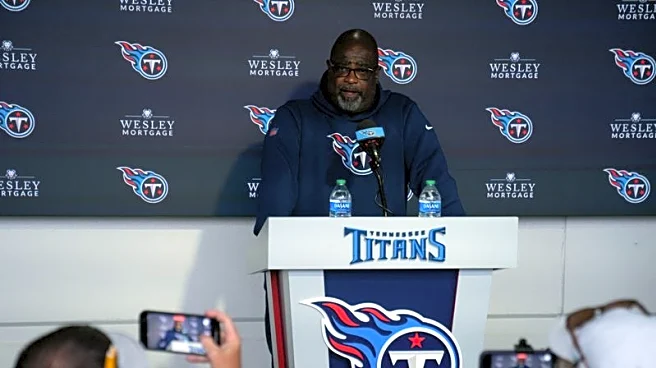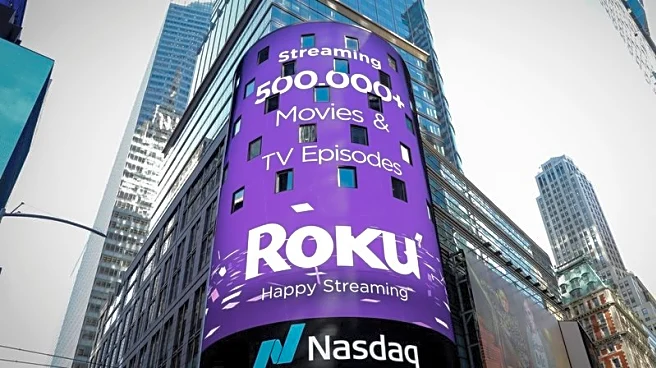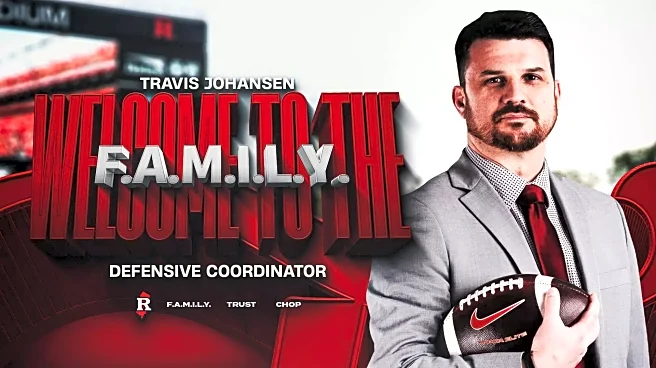What's Happening?
Ubisoft CEO Yves Guillemot has revealed the company's strategy in handling the controversy surrounding Assassin's Creed: Shadows, which featured Yasuke, a historical Black samurai. The game faced backlash from certain groups, but Ubisoft chose to 'stop
feeding the trolls' and focus on its core values and brand. This approach included delaying the game's release to improve quality and ignoring negative feedback from detractors. Former franchise head Marc-Alexis Coté emphasized the importance of standing firm on creative values, despite leaving the company. Guillemot noted that this strategy helped eliminate fake fights and allowed the game to succeed without further controversy.
Why It's Important?
Ubisoft's approach to handling controversy highlights a significant shift in how companies can manage public relations and backlash. By focusing on their core audience and values, rather than engaging with detractors, Ubisoft was able to maintain the integrity of its brand and ensure the success of Assassin's Creed: Shadows. This strategy could serve as a model for other companies facing similar challenges, emphasizing the importance of creative freedom and the potential benefits of not engaging with negative criticism. The decision also reflects broader industry trends where companies prioritize brand loyalty and quality over appeasing vocal critics.
What's Next?
Ubisoft's decision to delay the game for quality improvements suggests a continued focus on delivering high-standard products. The company may continue to apply this strategy in future releases, potentially influencing industry practices. The departure of Marc-Alexis Coté could lead to changes in leadership and creative direction within Ubisoft. Additionally, the cancellation of a planned Civil War-era game due to political climate considerations indicates Ubisoft's cautious approach to sensitive topics, which may affect future game development decisions.
Beyond the Headlines
Ubisoft's handling of the Assassin's Creed: Shadows controversy raises questions about the balance between creative expression and public perception. The company's decision to ignore negative feedback rather than engage with it could influence how other industries approach similar challenges. This situation also highlights the ethical considerations of self-censorship and the impact of social media on corporate decision-making. The broader implications for cultural representation in media and the role of historical narratives in gaming are significant, as companies navigate the complexities of diverse storytelling.

















